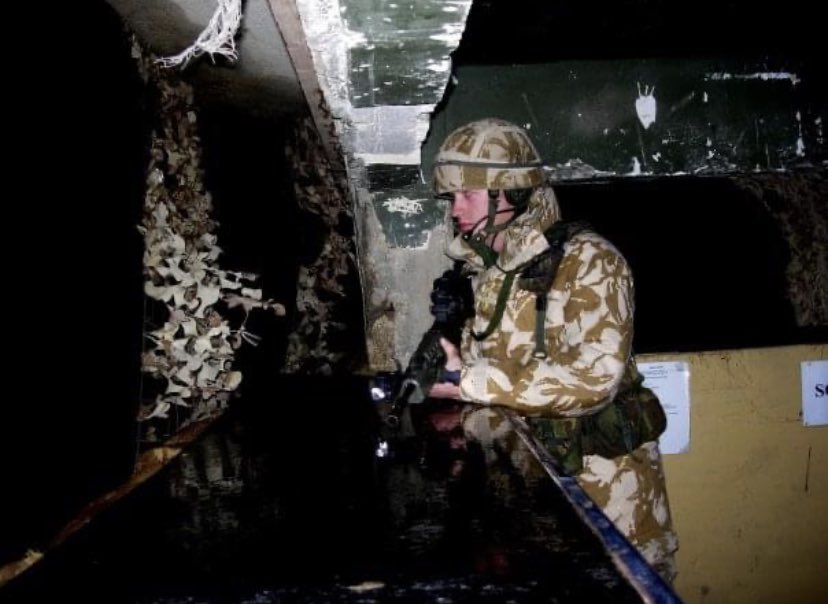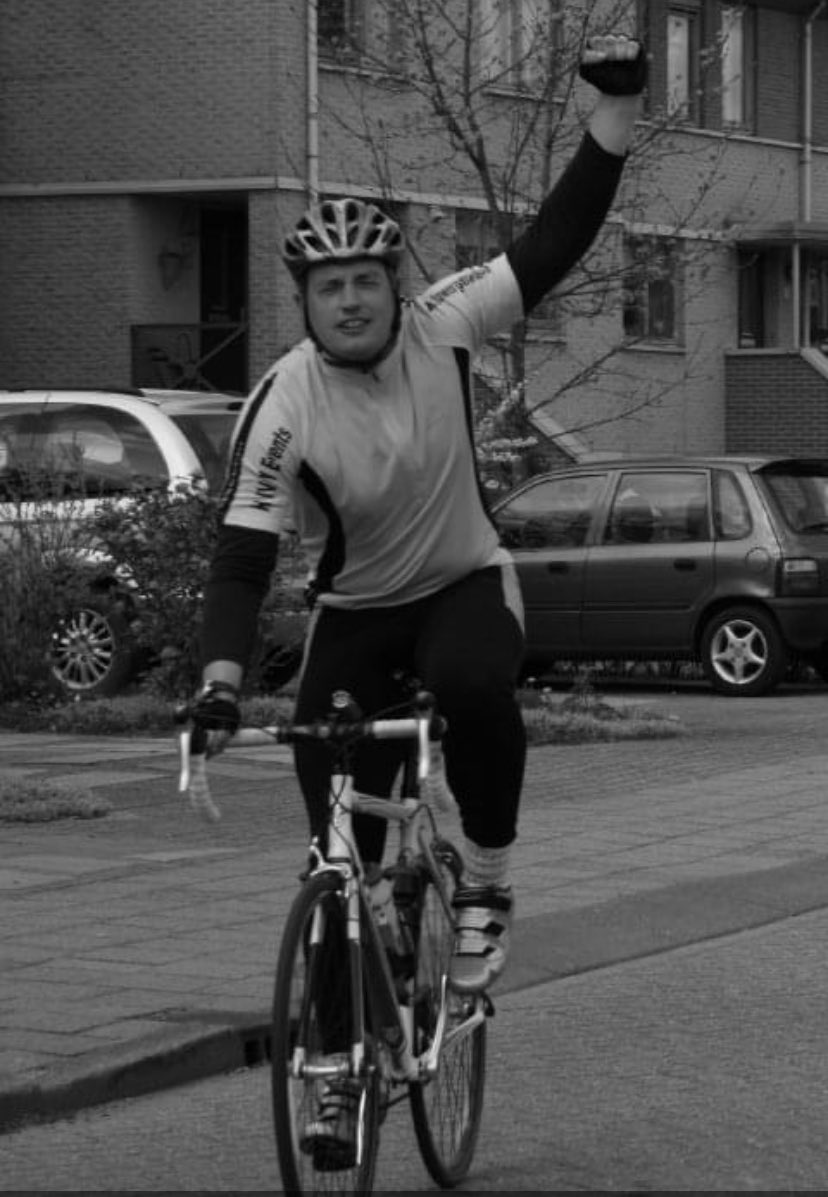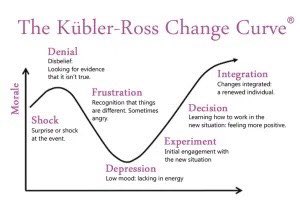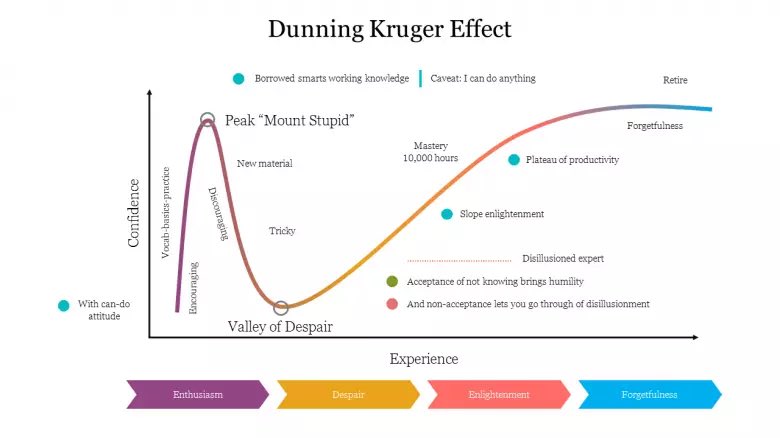So I hope I still keep the name Pagey.
“Rob” always makes me cringe a bit
But they used to call me….. 🧵
“Officer Cadet Page” (Uni 1998ish)
“Rob” always makes me cringe a bit
But they used to call me….. 🧵
“Officer Cadet Page” (Uni 1998ish)

They used to call me (3)
“A Tank Commander and Loader”
(Armoured Troop Leader’s Course 03
BATUS OPFOR)

“A Tank Commander and Loader”
(Armoured Troop Leader’s Course 03
BATUS OPFOR)


They used to call me:
A little bit nervous but in great company.
TELIC V ask Al Ammarah with the incredible Welsh Guards 04-05)



A little bit nervous but in great company.
TELIC V ask Al Ammarah with the incredible Welsh Guards 04-05)




They used to call me:
Bit of a drill pig
Foods Member
President of the Mess Committee
But I got there in the end.



Bit of a drill pig
Foods Member
President of the Mess Committee
But I got there in the end.




They used to call me
A student - but it didn’t really agree with me
“too mercurial” “too challenging” amongst other things….

A student - but it didn’t really agree with me
“too mercurial” “too challenging” amongst other things….


• • •
Missing some Tweet in this thread? You can try to
force a refresh







































